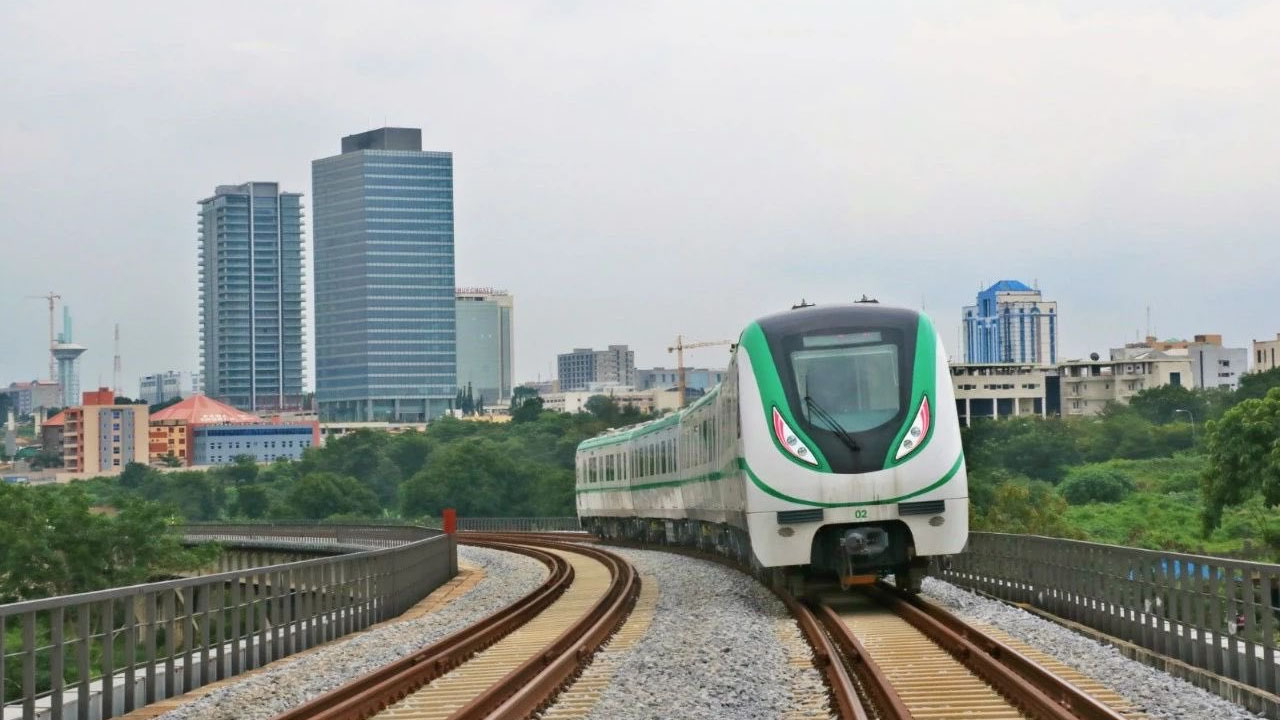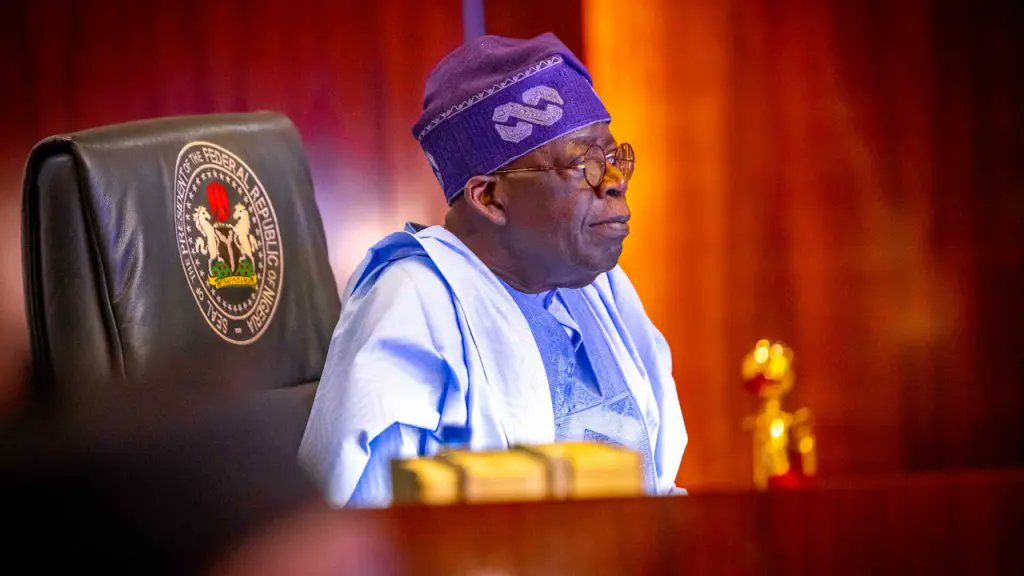
Maritime stakeholders have decried that lack of funds, unavailability of rail coaches, and lack of patronage to the transport sector, among others, are militating against the progress of the rail sector in the country.
The stakeholders raised the concern at a summit organised by the Nigerian Shippers Council in collaboration with the Nigerian Railway Corporation (NRC), themed “Limitations to Rail Transportation of Cargo in Nigeria.”
The stakeholders, therefore, tasked the Federal Government to develop an effective railway transportation system to enhance the easy movement of cargo to parts of the country with the aim of boosting the economy.
One of the stakeholders, the state chairman of the Nigerian Association of Customs Licensed Agents (NACLA), Ifeanyi Isikaki, observed that the narrow gauge rail system operated in the country cannot convey heavyweight cargoes, urging importers and investors to continue to explore the usual sea and road system movement.
In her address, the Director, South-South Zonal Coordinating Office of the Nigerian Shippers Council, Mrs. Agatha Ify Okolue, said an efficient train system will not only improve the economy but also reduce road congestion.
She also linked the rail system to the various seaports, stating that it will ensure an efficient shipping system in the country. She noted that the summit was organized to highlight the importance of the railways in the transport system of the country.
“We know that the railway system is one of the safest systems, and it is only through railway that we can carry large volumes from the seaports to the hinterland or the inland ports,” the director said.
She said the collaboration with the Shippers Council has become necessary because of its crucial role in the development of inland ports.
The zonal director, who described the railway system as the backbone of industrialized nations, acknowledged that despite efforts being made in the Nigerian rail system, issues of rail emission, lack of funds, unavailability of rail coaches, and lack of patronage to the transport sector, among others, are still affecting its effectiveness.
Okolue, however, commended the Federal Government and the Nigerian Railway Corporation for their efforts in ensuring an enhanced railway system in the country but opined that the 6.2 km Port Harcourt–Aba railroad will bring connectivity and seamless business activities in the transport sector. She pointed out that the choice of Port Harcourt for the summit was due to its significant role as a port city and business hub.
In his address, the Executive Secretary/Chief Executive Officer of the Nigerian Shippers Council, Pius Akutah, said the council, as a port economic regulator, is interested in efficiency, cost-effectiveness, and development.
Akutah, who was represented by the Director of Inland Transport Services, Nigerian Shippers Council, Mustaphar Zubairu, said the council is also promoting the development of inland dry ports to bring shipping services closer to all shippers across the federation.
He said it was in realisation of this that “the council initiated a collaborative strategy with the Nigerian Railway Corporation through an MOU in order to enhance intermodal connection, fast-track delivery of cargoes to and from dry ports, and to ease our roads, particularly the port access roads, through the construction/revitalization of railway connections to these major centers of economic activities.”
“This is to provide support towards the optimal utilisation of rail transportation in Nigeria.”
“This collaboration is indeed a demonstration of the resolve of all the agencies of government to address transport infrastructure deficits and its challenges,” the Executive Secretary noted.
The participants were drawn from major port users, including the Nigerian Immigration, Nigerian Ports Authority, and licensed customs agencies, among others.






